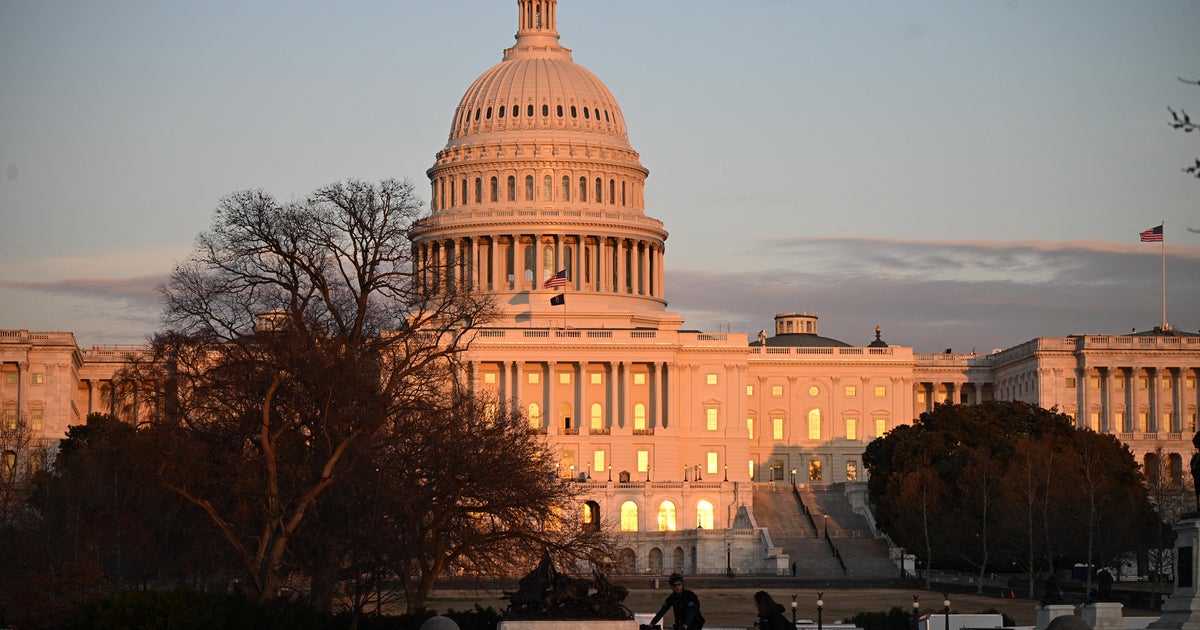When announcing his latest round of tariffs on April 2, President Trump veered into the subject of eggs, noting that prices “dropped now 59%, and they’re going down more, and the availability is fantastic.”
Wholesale egg prices — or the price paid by large buyers like grocery stores — have declined 43% since year start, with much of the decline occurring since Mr. Trump’s Jan. 20 inauguration. While retail data for March isn’t yet available, grocery stores tell CBS MoneyWatch that lower prices are now starting to trickle down to consumers, and that there should be plenty of eggs available for Easter and Passover later this month.
Lower egg prices may represent a bright point for consumers at a time when inflation remains sticky, and may reignite this year due Mr. Trump’s tariffs, economists say. The new levies are set to hit all imports from food products to automobiles. Egg prices have declined partly due to the U.S. Department of Agriculture’s five-point plan to tackle the issue, which includes battling the bird flu and importing eggs from nations including Turkey and South Korea.
Egg prices at Northeast grocery chain Stew Leonard’s have declined recently, with conventional eggs now down to to about $5.99 a dozen from $10 a dozen at their peak in December, said Andrew Hollis, director of sales.
We’re definitely back to low price eggs again — there’s lot of relief and plenty of supply,” Hollis told CBS MoneyWatch. “Our demand will go up 40% for Easter, so we’re not worried at all and feel like we’ll have plenty of eggs on the shelf.”
Demand for eggs also fell due to the high retail prices at the end of 2024, which caused some households to cut back on buying them, Hollis added. That’s allowed farmers to rebuild their supply, he said.
Walmart, one of the nation’s biggest grocers, also said that its egg prices have declined in recent weeks, although it didn’t specify the decline. A dozen eggs are retailing for about $5 a dozen, according to Walmart’s website.
After months of the bird flu impacting egg supplies and prices, egg losses due to the disease declined in March, according to a release last week by USDA.
But one issue that could pose a threat to egg prices are Mr. Trump’s new tariffs, which will apply import taxes to products from all nations, including Turkey and South Korea, where the U.S. has an agreement to source additional eggs. The nations will face tariffs of 10% and 25%, respectively. Those taxes are likely to be passed onto consumers in the form of higher prices.
The USDA didn’t immediately reply to a request for comment about the impact of tariffs on egg prices.




